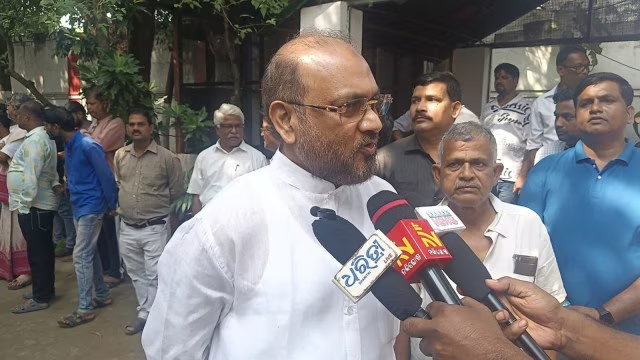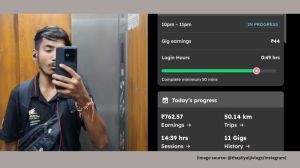Govt backs AI: Cant make money,wont let others try
The panel report did not give reasons for supporting Air Indias stance
Months after the government decided to end Air Indias monopoly on select international routes and threw them open to private Indian carriers,the state-owned airline is hoping to regain this privilege through the back door and get the first choice to fly these routes.
A committee formed by Civil Aviation Minister Ajit Singh in May to study the route dynamics of Air India has supported Air Indias contention that private Indian carriers should not be allowed to fly international routes on which it is incurring losses. The committee,headed by a joint secretary in the ministry,submitted its report in end-July.
The panel report did not give reasons for supporting Air Indias stance.
Air India has blamed the delay in the induction of the Boeing 787 Dreamliner aircraft in its fleet as one of the reasons for its losses in the international sector. Air India has apparently convinced the committee that the induction of 787s and other measures will improve its numbers. It has also deferred a decision on stopping flying on loss-making routes until the 787s are inducted.
Private Indian carriers have for long sought to operate direct flights on lucrative international routes such as Delhi-New York,Mumbai-New York and Delhi-Toronto,among others. But their requests were on hold until February this year as Air India had the right of first refusal. Private carriers could be allowed to fly these routes only if Air India refused to do so.
The committees report,accessed by The Indian Express,shows that 13 long-haul international routes account for about 80 per cent of the cash losses suffered by AI on long-haul routes. During 2011-12,it was found that the state-owned carrier was not meeting even the cost of Aviation Turbine Fuel on three routes. The cost of ATF was being met on 58 routes but not the total cost of the flight. Only two flights paid for their total costs on a daily basis.
Five routes on the domestic sector – Delhi-Gwalior-Mumbai,Ahmedabad-Mumbai,Kolkata-Imphal,Kolkata-Mumbai and Chennai-Visakhapatnam – were also not able to meet their fuel costs.
The committee has also supported Air Indias case to continue the freeze on bilateral agreements with foreign carriers,especially carriers from the Middle East and Southeast Asian region,on operating flights to and from India.
Airlines from the Middle East and Southeast Asian region have thrived on Sixth Freedom Rights which allow an airline to carry passengers from one country to a third country via a hub in its own country. It is estimated that around 60 per cent of the passengers foreign carriers carry from India belong to this category.
India has signed bilateral rights with over 100 countries and there are 834,000 weekly seats on international routes available to both Indian and international carriers. Allowing private Indian carriers to fly on all routes is expected to increase the utilisation of these rights by Indian carriers to around 40 per cent – the same as foreign carriers – from the earlier 22.7 per cent.
- 01
- 02
- 03
- 04
- 05































